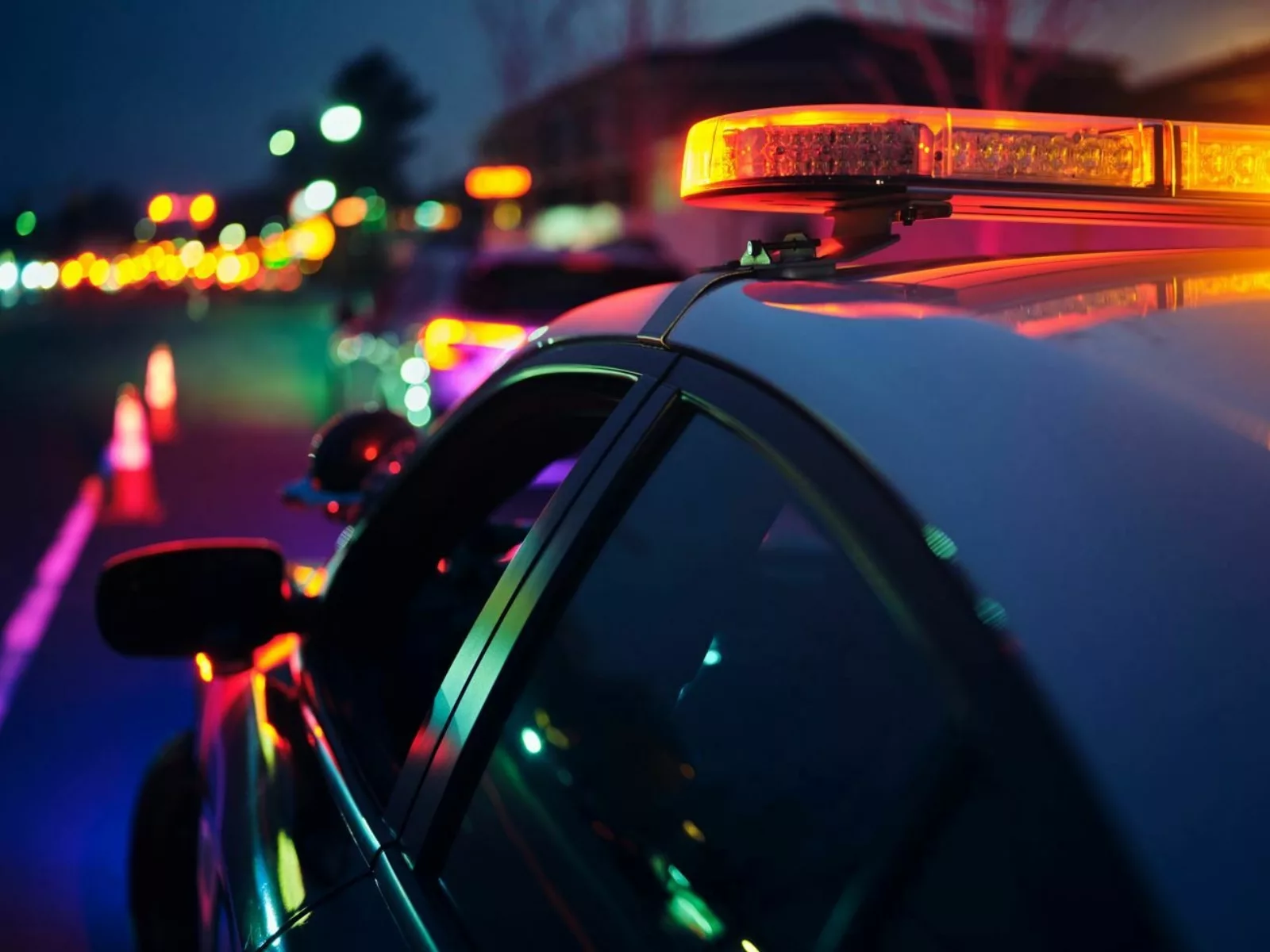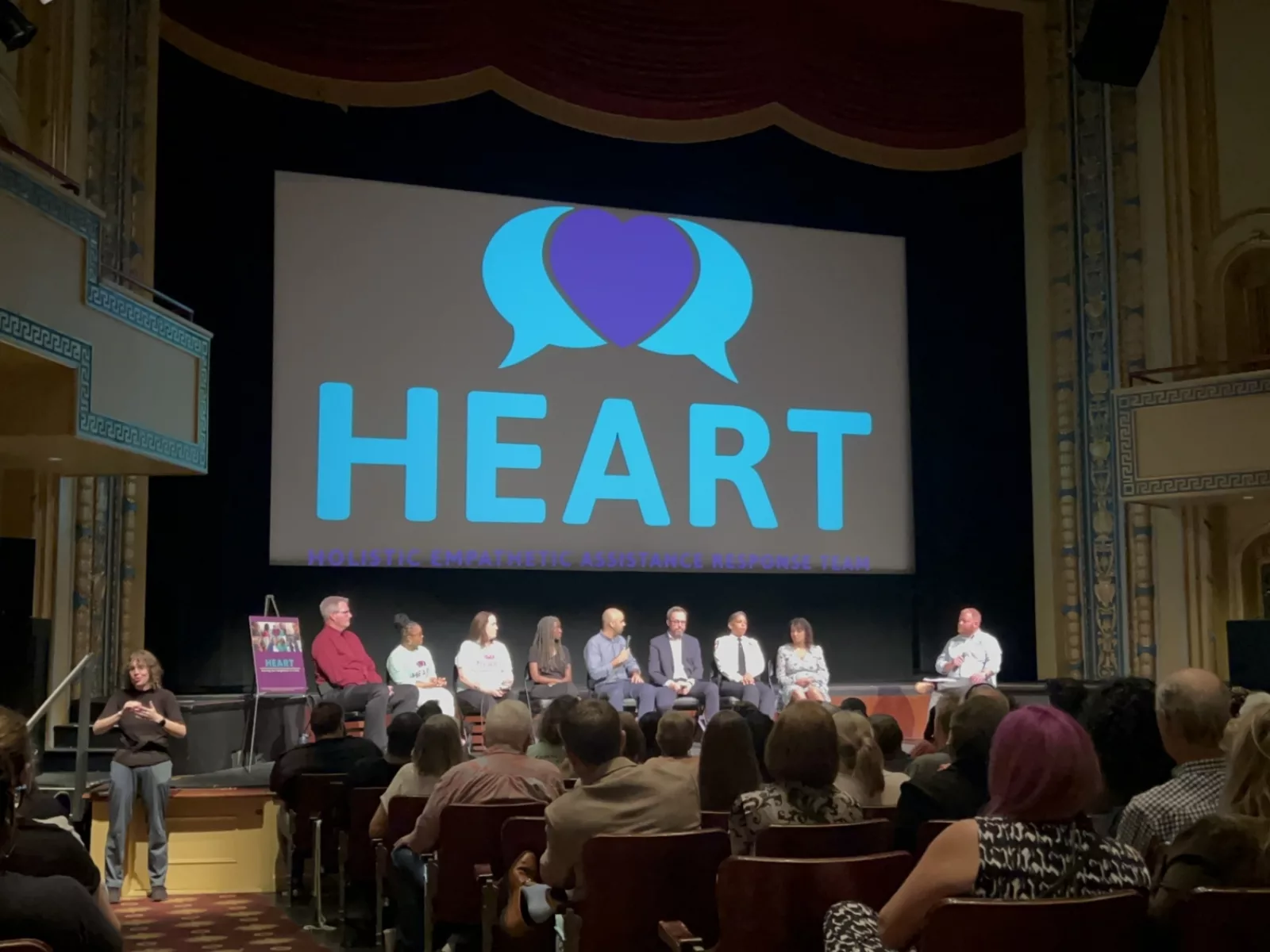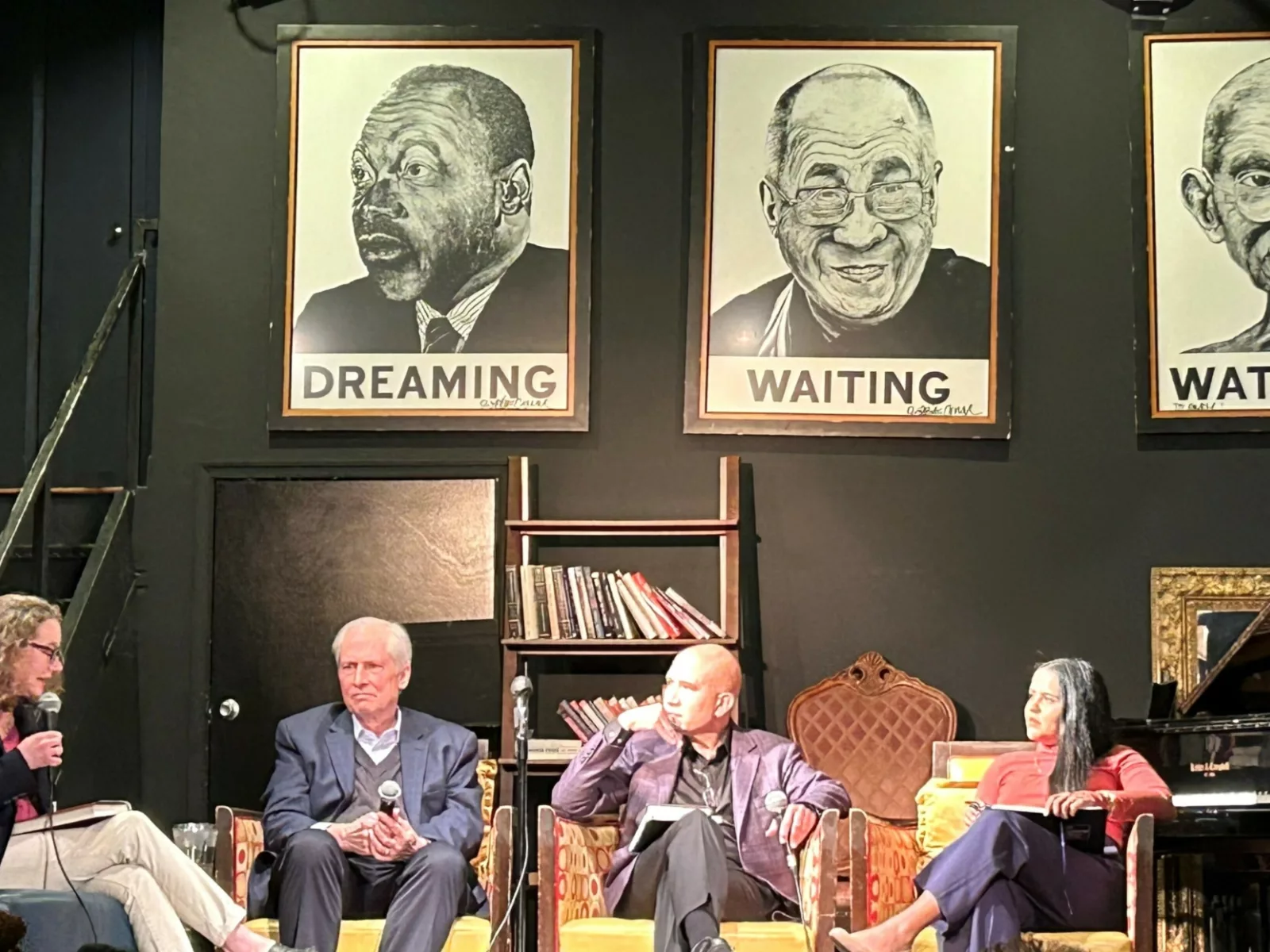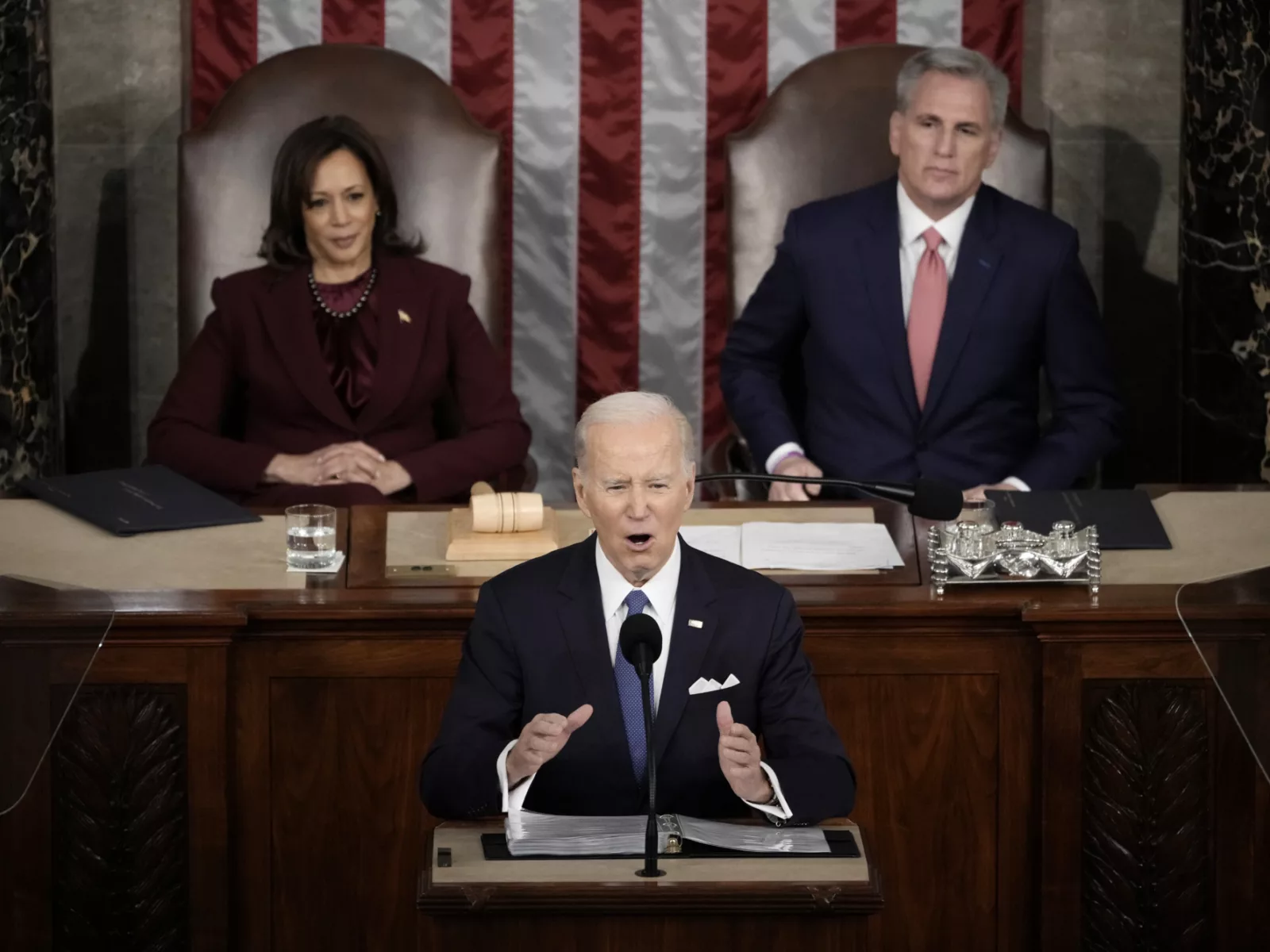In 2020, the killings of George Floyd, Breonna Taylor, Philando Castile, and too many others at the hands of police sparked a national movement for police reform. Much of the public debate centered on the need for greater police accountability, but all too often these calls for action failed to take into account how legal and regulatory barriers can undermine reform efforts.
Police unions routinely negotiate labor contracts that thwart investigations and allow members to avoid consequences for bad actions. At the turn of the 20th century, collective bargaining agreements were originally crafted as a way for law enforcement officers to negotiate traditional labor demands like higher pay and benefits, fewer hours, and all-around better working conditions. However, their focus has grown to encompass a vast spectrum of policing-specific topics relating to discipline, transparency, and accountability. Provisions often include providing officers with access to evidence of alleged misconduct prior to an investigation; delays before interviews of officers accused of misconduct can occur; concealing disciplinary records from future employers; and mandatory binding arbitration in disciplinary appeals. These collective bargaining agreements effectively place union members beyond the reach of accountability. Today, roughly 75 percent of police officers belong to a union.
Meanwhile, state laws such as Law Enforcement Officers’ Bill Of Rights (LEOBORs) codify special protections for police throughout the disciplinary process. These protections often include limits on who can lead an investigation, the length of an investigation, who has access to evidence, the scope of disciplinary actions, and restrictions on external civilian oversight.
Any lasting policing reform efforts must find ways to substantially lower or remove these barriers.
On that topic, at a December 2020 roundtable meeting, Jamein Cunningham, an assistant professor of economics at the University of Memphis, presented his paper on police accountability: Overview of Research on Collective Bargaining Rights and Law Enforcement Officer’s Bills of Rights. Cunningham’s paper, which was co-authored with Donna Feir of the University of Victoria and Rob Gillezeau of the University of Victoria, looks at how police representation and unions intersect with demands for reform and accountability.
Arnold Ventures spoke with Cunningham about the topic. The interview was edited for length and readability.

Arnold Ventures
The role of police unions has been a big topic in the national debate about police reform. What did you look at in your paper?

Professor Jamein Cunningham
Scholars and community activists are concerned about the current protections that are given to police officers. These protections, as long as they exist in the manner that they do, will always thwart or limit the ability for the community and the police to get on the same terms, as it relates to providing public safety.
The sense of what you get from the literature and the statistics is that the police have every right as an entity to bargain overprotections. Their job is essential, important, and difficult. But we also have to be able to hold police accountable in order to ensure they’re serving communities, and also to protect civilians who feel like they’re being treated unfairly.

Arnold Ventures
Looking back at the history of collective bargaining by police groups, is there something that has changed recently that explains why this is a recent topic of debate?

Professor Jamein Cunningham
Before the 1960s, labor issues were about police officers who didn’t want to work 90 hours a week. They wanted to have work environments that were clean. They wanted to have uniforms provided for them instead of paying. They wanted to have some say over their free time. So these are legitimate claims why police officers wanted protections. But the problem is when those protections interfere with their job, which is providing public safety for the community, especially the community in which they interact a lot — in poor, impoverished neighborhoods.
In the 1960s, there started to be a volatile environment in which police interacted with civilians, especially civilians of color. Police labor protections were new at the time, such as the ability to collectively bargain and LEOBORs — Law Enforcement Officers’ Bill Of Rights — that provide certain protections during an investigation. Activists at the time were calling for the same sort of thing that activists want today: police reform, more accountability, better policing, and less use of force. They weren’t thinking about labor protections. But today labor protections exist and make it even more difficult for police reform to take place. Many of these protections may have been implicitly part of police culture. Now they’re explicitly there.
There are rules where investigators have to wait up to several days before being able to interview an officer in an internal investigation, such as after a shooting, and rules on the length of an investigation. Even more problematic is the fact that disciplinary records are destroyed after a certain amount of time. How can we hold police officers accountable if we can’t keep track of the good and bad police officers?

Arnold Ventures
What does the public need to know about LEOBORs to help us in this time of activism around policing reform?

Professor Jamein Cunningham
LEOBORs provide similar language and protections that police union members enjoy within collective bargaining agreements, but they apply to all officers and not just union members. They apply statewide typically, depending on the specific state.
These bills of rights are state law. They can be changed — that is, if you are able to petition and lobby and get enough political support to actually have them changed.
If we think about how reform can happen with these LEOBORs, it is important to recognize that they supersede local jurisdictions. At a local level, you still will not be able to make changes even if you are able to successfully negotiate different disciplinary actions for local police. So there is an incentive to address LEOBORs where they exist. They’re not everywhere. They exist in 16 to 20 states — depending on how a scholar defines a LEOBOR. In some places, they apply statewide and in other places, they only apply to certain locations, like big cities. If there’s not a bill of rights, well, then the negotiations for collective bargaining take place locally, and then you can always at least push for reform at a local level.

Arnold Ventures
Do you find that these LEOBORs interfere with efforts to make police more truly accountable?

Professor Jamein Cunningham
Police, as well as anyone else, have certain protections guaranteed by the Fifth and Fourteenth Amendments. So a lot of the language in these LEOBORs is going to be tied back to these rights all citizens have. But if I am accused of committing a crime, it’s not going to be two weeks before they investigate and call me in for questioning. They’re gonna try to question me as soon as possible. And if I commit a crime, my criminal justice record is going to be publicly available for a long period of time.
The literature provides a set of recommendations that are important to consider for holding police accountable — dealing with these waiting times, the 48 hours before they can be questioned after there’s an incident, and also thinking about who’s participating in these disciplinary actions. You don’t want the police, the rank and file, to investigate themselves. You may want an external, outside entity involved in these investigations or hearings on police misconduct.
What’s really important is keeping appropriate records of who has committed what act or, at least, of who has been accused of committing these acts. That way we can track and hold police officers accountable.

Arnold Ventures
So do you think we’re going to see necessary reforms?

Professor Jamein Cunningham
I’m optimistic, but the issue is that police issues are not as bad in localities where you expect reform to happen. Where reform is more unlikely, the change hasn’t happened because of the politics in a way. That’s how it’s set up.
You’re not shocked if you hear Portland or Seattle is seeing reform. Yes, the police can do a better job in those locations. But in general, with the trainings, techniques, and approaches that they have, they’re probably well ahead of other similarly-sized cities where you have a larger population of poor people or Black minority population.

Arnold Ventures
When we talk about accountability, it is often in terms of police patrolling minority neighborhoods in ways that fail to serve the public effectively. Yet many police departments have workforces with large minority populations. How does this come into consideration when analyzing police misconduct and the right ways to ensure accountability?

Professor Jamein Cunningham
There’s always the issue of attracting the right number of police and figuring out how many police you actually need, especially for African-Americans who feel they’re over-policed. But in general, the demographics of the city do not match the demographics of the police department. Typically, police forces are more white relative to the overall demographics, even in large cities that have a large percentage of the population that is the minority. But you do have police officers that are trying to balance the difficulties and the safety of their jobs with concerns for police reform and the safety of the individuals they serve. Many joined the police department in order to help better serve the community they identify with, and so it creates some tension — especially when you hear from police officers about the difficulty of getting rid of the bad police officers due to these protections. But also, when they’re involved in these situations in which they feel as if they used the proper techniques that they have been given, they don’t want to be terminated from their job or disciplined for actions which they believe were correct.
A bigger aspect of this, though, is the ability to improve community-police relations and the ability to generate some trust or legitimacy in the police, especially with this current wave of protests. We have African-American police officers in a lot of these departments. A lot of these departments have African-American chiefs of police. But it’s still a concern about the institution in and of itself, and the culture of policing that generates this distrust between the police and the community. As we think about police protections and police use of force, we also have to think about how we can bring the two groups together to provide public safety.

Arnold Ventures
Do we need to depoliticize the police? Is that along the lines of what you see as promoting better relations between the community and the police?

Professor Jamein Cunningham
Not necessarily. People know individuals are committing crimes. It’s not a secret. Both from the civilian side, like the civilians who are involved in illegal activity, and also police officers who may be involved in misconduct or illegal activity. What people really want is a way to hold the police accountable for misconduct so that the judicial system does not seem different for the police than for themselves.
Police officers make mistakes. Everyone makes mistakes. The question is, when someone has done something that is obviously wrong, can we hold that police officer accountable? That ties into these police bills of rights that say, “You have certain rights that are granted to you by the Constitution.” But then we’re going to add some ambiguous language, which makes it hard to interpret, that certain representatives of unions or lawyers can use on your behalf. We’ll add this waiting time, so that we can make sure that your stories are straight before you interact with a representative of a disciplinary hearing or an investigator. [Community members will ask,] “So, how can we trust you?”





















